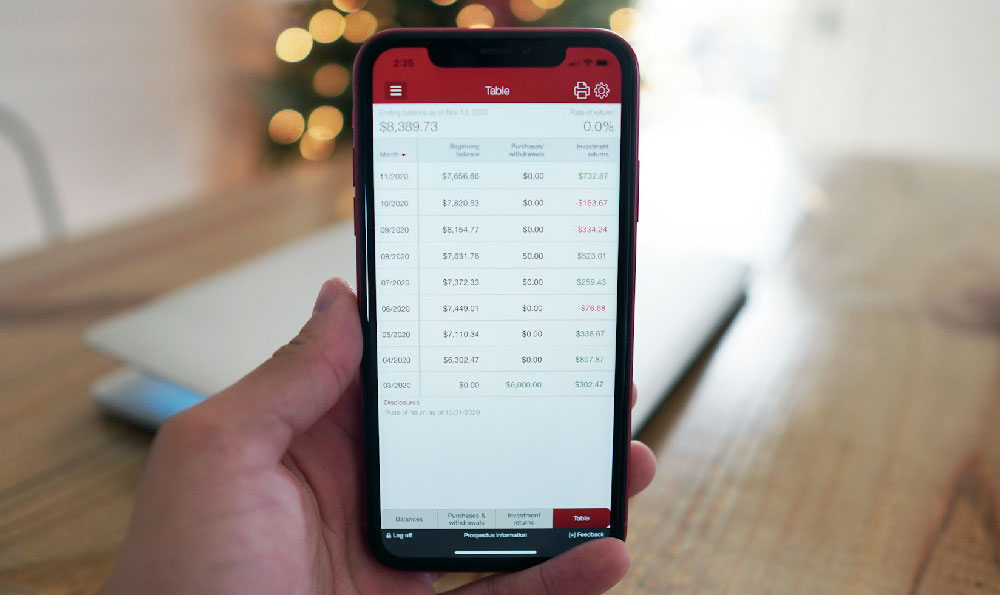Okay, I understand. Here’s an article exploring the complex topic of sick leave and paid time off (PTO) for part-time workers, formatted to avoid numbered lists, explicit sequencing words like "Firstly," and avoiding the original title within the body.
The eligibility of part-time employees for sick leave and paid time off is a multifaceted question, varying considerably based on jurisdiction, employer policies, and the specific type of leave involved. A definitive "yes" or "no" is rarely possible; instead, a nuanced understanding of various factors is crucial.
Legally mandated sick leave, increasingly common in many developed nations and specific localities within others, often establishes a baseline for worker protections. These laws, designed to ensure employees can take time off for illness without jeopardizing their income or employment, frequently define "employee" broadly. This definition can encompass both full-time and part-time workers, provided they meet certain minimum requirements, such as working a specific number of hours per week or month. However, the specifics are crucial. Some laws might impose a waiting period before eligibility kicks in, or they could limit the amount of sick leave accrued based on hours worked. Therefore, part-time staff might accrue sick leave at a slower rate than their full-time counterparts, or their total available sick leave might be capped at a lower level.

Navigating these legal landscapes requires careful attention to detail. Employers need to meticulously review the relevant legislation in their area to ensure compliance. Employees, in turn, should familiarize themselves with these laws to understand their rights. A simple query to the local labor department or a consultation with an employment lawyer can provide clarity in uncertain situations.
Beyond legal mandates, employer policies play a significant role. Companies are free to offer sick leave and PTO benefits that exceed the legal minimums. Many do so to attract and retain talent, fostering a more positive and productive work environment. However, the generosity of these policies can vary significantly between employers, and there’s no guarantee that part-time employees will be treated identically to full-time staff.
It's not uncommon for companies to prorate benefits for part-time workers. This means that if a full-time employee receives, for example, 10 days of paid sick leave per year, a part-time employee working half the hours might only receive 5 days. This is a reasonable approach that proportionally allocates benefits based on hours worked. Other companies might offer a tiered system, where employees become eligible for benefits after working a certain number of hours per week. Those falling below that threshold might not be entitled to any paid time off.
Another dimension to consider is the type of leave being discussed. Sick leave is generally intended for personal illness or to care for a sick family member. PTO, on the other hand, is a more general form of leave that can be used for any reason, including vacation, personal appointments, or illness. An employer might offer sick leave but not PTO, or vice versa. The eligibility rules for each type of leave can also differ. It's possible, for example, for a part-time employee to accrue sick leave but not be eligible for PTO.
The distinction between hourly and salaried part-time employees can also influence their access to paid time off. Salaried employees often have greater flexibility and might be able to take time off without directly impacting their pay, particularly if the absence is short. Hourly employees, on the other hand, are typically paid only for the hours they work, making unpaid time off a more likely scenario unless specifically covered by sick leave or PTO policies.
Communication is key in resolving uncertainty. Employers should clearly communicate their policies regarding sick leave and PTO to all employees, including part-time staff. These policies should be readily accessible, perhaps in an employee handbook or on the company's intranet. Employees, for their part, should not hesitate to ask questions if they are unsure of their entitlements. Seeking clarification from HR or a supervisor can prevent misunderstandings and ensure everyone is on the same page.
Finally, the rise of the gig economy and the increasing prevalence of independent contractors have further complicated the picture. Independent contractors are generally not considered employees and are therefore not typically entitled to sick leave or PTO. However, misclassification of employees as independent contractors is a common issue. If a worker is wrongly classified, they may be denied benefits they are legally entitled to. It is crucial to carefully evaluate the nature of the working relationship to determine whether a worker is truly an independent contractor or should be classified as an employee. The factors considered in this determination often include the degree of control the employer has over the worker, the worker's opportunity for profit or loss, and the permanence of the relationship.
In summary, determining if part-time workers accrue sick leave or are entitled to paid time off involves considering a complex interplay of legal mandates, employer policies, the type of leave, and the worker's employment status. Thorough research, clear communication, and a willingness to seek clarification are essential for both employers and employees to navigate this often confusing landscape.












